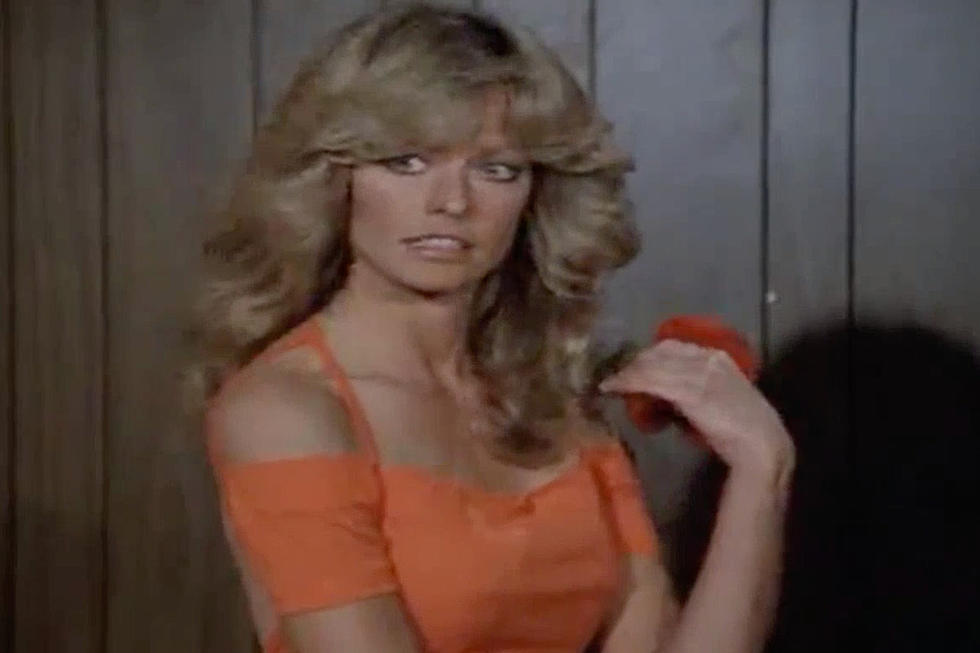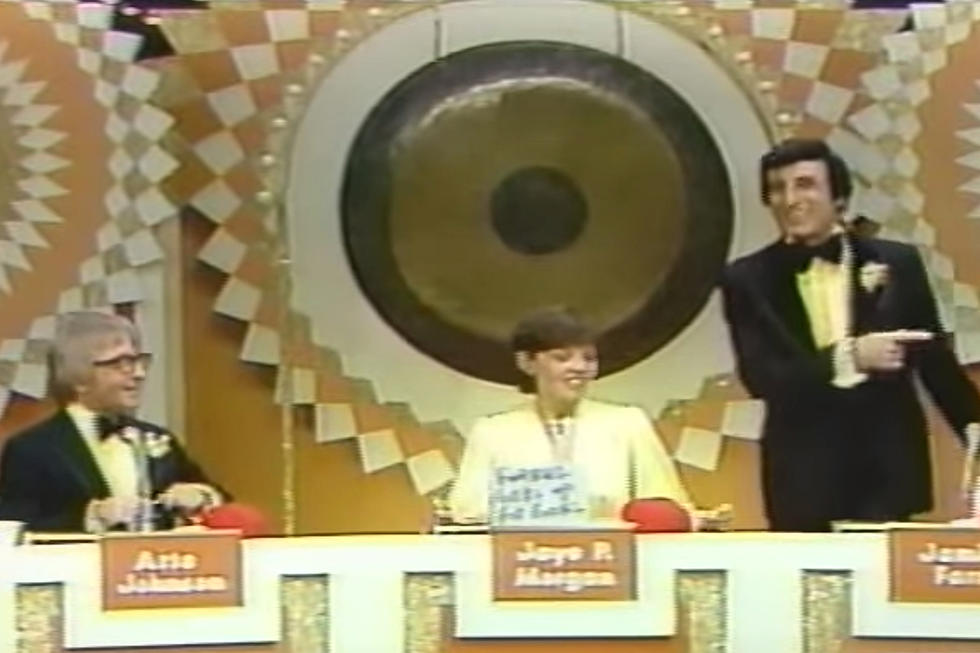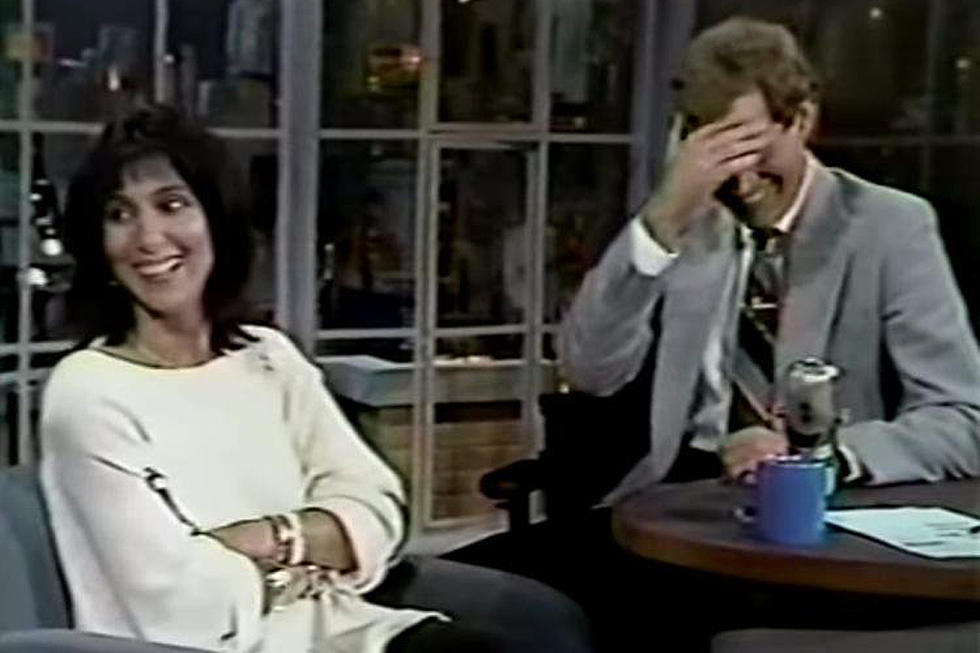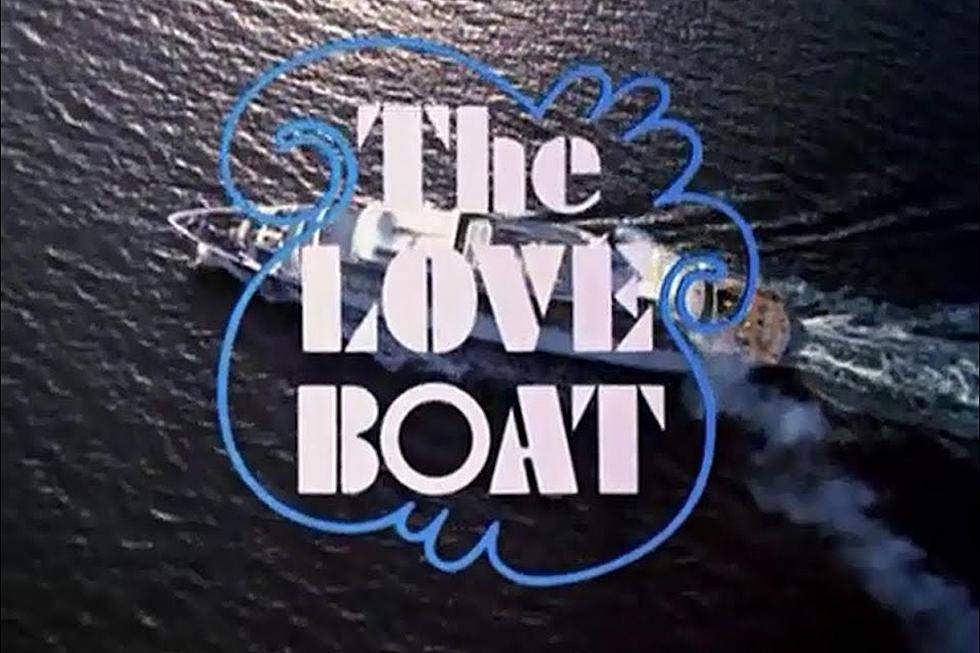
Why Quitting ‘Charlie’s Angels’ ‘Almost Sank’ Farrah Fawcett
On May 4, 1977, Farrah Fawcett made her final appearance as a series regular on Charlie’s Angels. Her departure from the cast was something few fans saw coming.
In her role as Jill Munroe, Fawcett had become the series’ breakout star. Though the blonde bombshell had turned heads in previous parts, including brief appearances on the shows Harry O and The Six Million Dollar Man, Charlie’s Angels was her first true opportunity to shine in a leading role.
As Munroe, an LAPD officer hired to be one of the Charles Townsend Detective Agency’s founding angels, Fawcett quickly became the face of the series. The show’s meteoric rise in popularity resulted in her image being plastered on posters, magazines and even toys. Despite this notoriety, Fawcett was unhappy with her situation.
“I was a TV sex symbol who wanted to be an actress,” she later explained to People magazine. “People thought I was really pretentious.”
A desire for meatier material and the lure of films certainly appealed to Fawcett. However, Charlie’s Angels co-producer Leonard Goldberg believed another factor contributed to the actress's desire to leave.
“Her husband, Lee Majors, wanted her around more and she wasn’t around very much,” Goldberg explained in an interview with the Archive of American Television. Though the producer admitted that Fawcett did express a desire to do films, he insisted that he and his fellow executives bent over backwards to accommodate the star.
“We went and got her the following: There was a movie at Paramount with Chevy Chase who was going to be a big star. And they wanted her for the female part,” Goldberg recalled. “We arranged it with Paramount, we said we would write her out of the show for the first four shows [of season two]. We’d shut down for four weeks so she could do it.”
In addition, producers guaranteed Fawcett a film per year during Charlie’s Angels summer hiatus. Still, the star wasn’t placated.
“She rejected both,” Goldberg remarked. “So clearly it wasn’t about movies, although she said it was. No one in Hollywood had a deal like this.”
Unable to find common ground, the producers of Charlie’s Angels took Fawcett to court.
“She left us no alternative,” Goldberg opined. “And I told her, I said ‘Farrah, no one’s gonna hire you. No one’s gonna hire you because you’re under contract. And if they hire you, we’ll sue them for inducement of breach.”
“The whole lawsuit almost sank me,” Fawcett later admitted. “The industry was furious with me and hostile.”
The parties eventually agreed to a deal which would see the actress returning to Charlie’s Angels in occasional guest starring roles. Despite the accord, Fawcett initially found it difficult to secure further work in Hollywood.
“I was poison,” she recalled. “But I just wasn’t going to give up.”
Eventually the actress was able to rebound, landing major roles in films like The Cannonball Run (1981) and Extremities (1986), the latter of which earned her a Golden Globe nomination. Meanwhile, Charlie’s Angels continued for a total of five seasons, with Cheryl Ladd ostensibly replacing Fawcett as Munroe’s sister, Kris.
Despite the turmoil surrounding her departure, Fawcett insisted she had no regrets about how things played out.
“I was brought up to be a nice, quiet, polite person,” the actress explained in 1979, “and I have always had a hard time being forceful. My natural inclination is to defer to others, particularly men. So I was not concentrating on women’s liberation, and people have tried to make me feel very guilty about it, especially the sex symbol thing. What’s funny, is that I have become a different person. You can’t survive that kind of crushing attack and still be an innocent. I had to grow up and I did.”
Top 100 '70s Rock Albums
More From Kool 107.9










